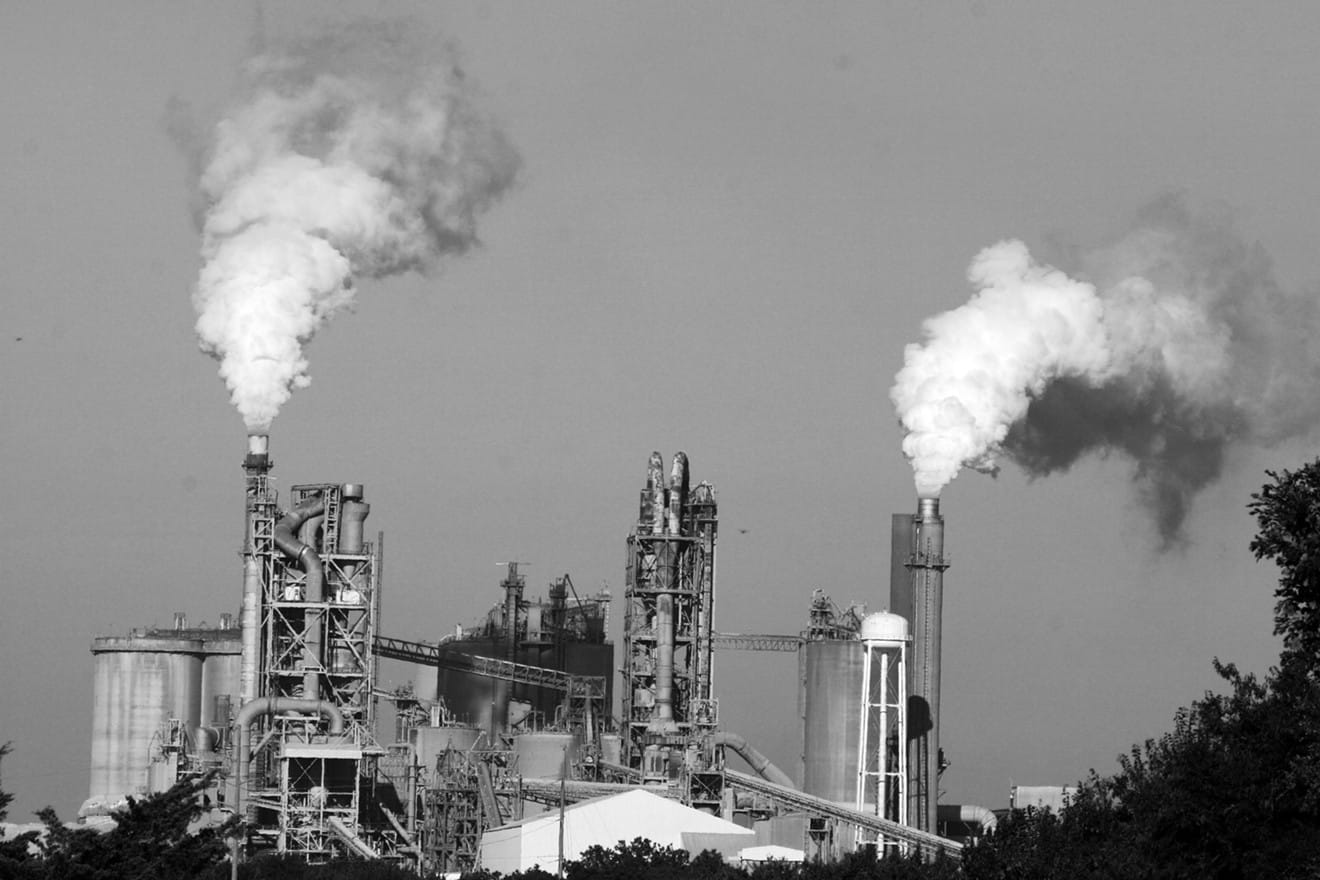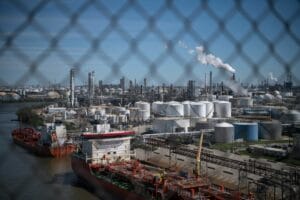The Texas agency tasked to keep clean air rules that generally arise through industrial pollution during and after weather events- including the height of smoke emitted from chemical plants and refineries- about leaving a note of air quality in the state’s knowledge, reports Texastribune.

Industries of Chemical plants and oil refineries planted along the Gulf Coast have been shut down before the arrival of hurricanes and other storms to save the workers’ life who worked in the industries. But all these processes can cause pollution as per the health permission. Because of emergency shutdowns and accidents, plants have to burn off their waste gases, including health pollutants and greenhouse gases causing climate damage such as carbon dioxide, nitrogen oxides, and other volatile organic compounds.
TCEQ Wanted To Avoid Damage Of Devices
The Texas Commission on Environmental Quality also stopped monitoring air quality to avoid damage to sensitive equipment as storms also caused missed when the pollution level was highest. One report issued by the TCEQ “This occurs before the TCEQ can mobilize handheld or mobile monitoring, and often when stationary monitors are offline due to the storm. This generates a gap in our knowledge of air quality at a time when emissions may be the greatest.”
Officials Moved Outside For Help
Air monitoring by The Texas Commission on Environmental Quality is followed by the local officials, such as when the public should shift to avoid unsafe levels of air pollution. They said it’s a lesson learned during the Intercontinental Terminals Company Fire held in 2019. Now officials have to move outside for help in air monitoring after the failure of state monitors.
In an analysis of samples of air collected after natural disasters and those collected by the TCEQ’s threshold for environmental effects and potential health, findings that most of the amount of pollution is emitted a few days before the arrival of Strom, where the state was not able to detect. This indicates that the TCEQ could not thoroughly analyze the number of pollutants in the air, which is dangerous to the environment and public health.




